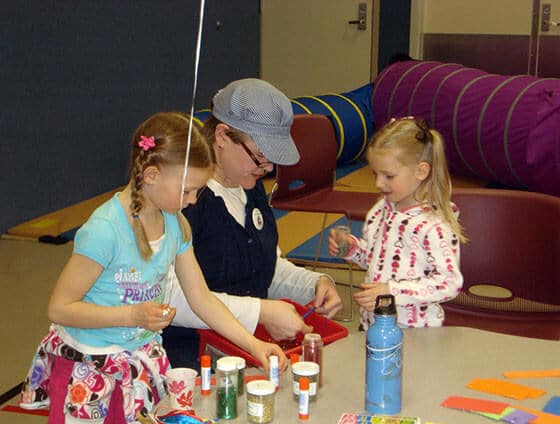 Science, Technology, Engineering, & Math
Science, Technology, Engineering, & Math
Nurturing the Inner Scientist in Young Children
Children are natural-born scientists and engineers. They are curious about everything and their natural inclination is to explore, to build, and to question.
Yet despite those early instincts, we have a severe shortage of scientists, technology professionals, engineers, and mathematicians. The demand for qualified workers in these fields is very high, yet the supply is low. The need for these skilled workers is one of the main reasons STEM has become such a big issue in education, including early childhood. For the last several years, there’s been a flurry of attention focused on STEM in early childhood—what it is, why it’s important, and ways to promote it.
Research indicates that young brains are especially receptive to learning math and logic between the ages of 1 and 4, and that early math skills are a powerful predictor of later learning. As children learn about numbers, patterns, how things work, and so on they are developing their language skills. And as adults read books with them that further explore their interests in machinery, planets and space, dinosaurs, and animals, for example, they continue to enhance their language and literacy skills.
- Reading Rockets’ Resources
- Full STEAM Ahead
- NAEYC Resources on STEM
- It’s Everywhere … and in More Ways Than One – There’s evidence that the disciplines in STEM are natural for very young children and math literacy is a strong predictor of success in school.
- Early Math and Literacy: A Powerful Pair – Children develop literacy skills as they think about what words mean and decide which words appropriately describe certain objects and situations. Mathematics is an ideal context in which to discuss exactly what words mean.
- Everyday Fun with Engineering – Watch this brief video about STEM and download the handout.
- Let’s Talk, Read, and Sing about STEM! – Tips for Families with Young Children
- Let’s Talk About Math

